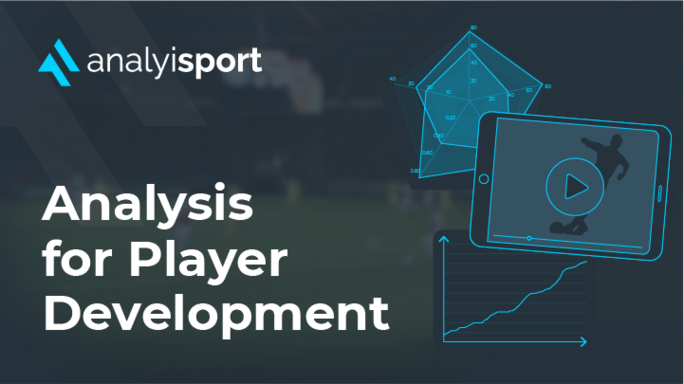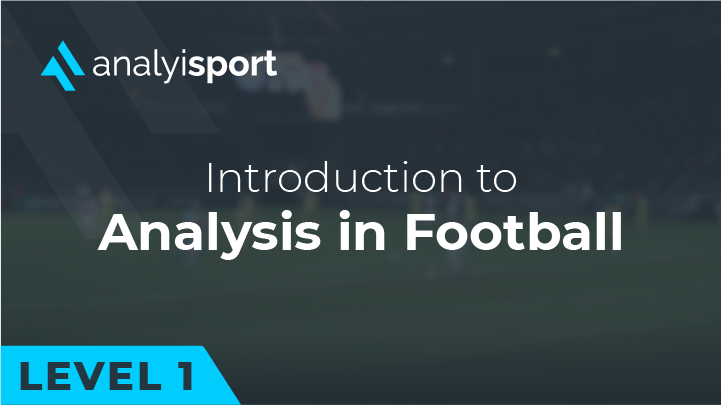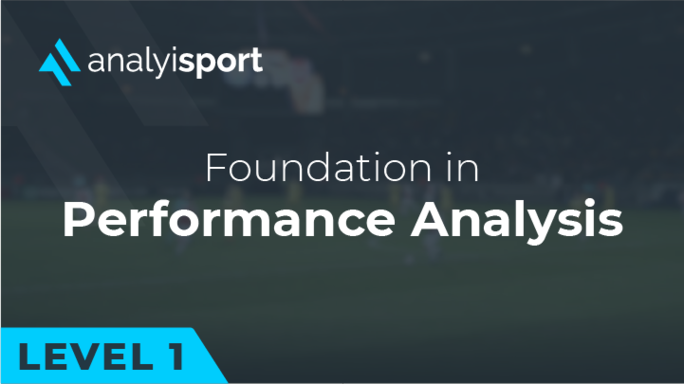How is data used in Ligue 1 and French Football?
There is no cure for the heartbreak of losing a world cup final, but, despite coming second to Argentina at the most recent World Cup, France can take immense pride in the fact that they are reaching finals at major tournaments on a regular basis.
Since 1998, Les Bleus have reached 6 major finals, winning two World Cups and a European Championship, and this reign of dominance isn’t expected to end any time soon, given the plethora of young talent being developed.
But the football industry has seen significant change since France’s golden era began back in the 1990s. Data analysis has become a key tool for teams’ success across the globe and, much like the young French squad that so nearly won a fourth World Cup in Qatar, it too looks like it’s here to stay.
How is data analysis supporting talent development in France?
The success of French football comes from the sheer amount of young talent that it produces domestically. Ligue 1 and Ligue 2 promote a culture of placing trust in young players. This, combined with a style of play focussed on physicality and flair, provides a platform for talented youngsters to develop quickly and attract attention from bigger teams in foreign leagues. The nurturing and selling of promising talent is a sustainable business model for many French teams, such as Ligue 2’s Sochaux or Monaco of Ligue 1, who built a new state-of-the-art training complex last year for this very purpose.
Similarly, the French Football Federation (FFF)’s approach to data in football revolves around talent development, too. The governing body which oversees the LFP puts a clear emphasis on supporting the development of innovative technology and distributing it at an amateur level. One of the ways this is achieved is by launching new apps.
Two apps that stand out in terms of data analysis are ‘My Coach by FFF’ and ‘FFF players’. These free to download apps give managers and players across France the opportunity to record and analyse their own performance statistics throughout a season, as long as they are part of an FFF-registered team.
Players can look at individual stats such as their goals to minute ratio or the most frequent type of goal they score, whilst team stats allow teams to see their basic offensive and defensive event data and then compare these numbers with the other sides in their division.
Not only does data analysis of this nature increase engagement at lower levels of football, but it also prepares young players for a data-driven future in the sport.
What’s even more exciting is how far the FFF can take this innovative approach. The governing body has already started looking into providing amateur players with a way to measure their physical data by designing a mass-market GPS vest similar to the ones worn by professionals. With the FFF experimenting with budget-friendly solutions for the installation of cameras across amateur grounds to facilitate video analysis.
It’s this type of bottom-up approach to the development of the French football league that allows so many talented French players to develop, progress and have successful careers in French football, resulting in such a large pool of players for France manager Didier Deschamps to choose from.
How have French start-ups been innovative in football?
It’s not just the FFF who are looking to revolutionise football through data and technology, though. In recent years, numerous French start-ups have developed innovative data led technology for the football industry.
Developers at Goaltime have developed a device that players attach to their ankle. Unlike a GPS vest, the device doesn’t just measure distance covered and speed, but also monitors how many times a player touches the ball. The data is fed back to the sidelines in real time and, using artificial intelligence (AI), the Goaltime app can map out a network of passes made between all of a team’s players.
Paris-based Skillcorner, meanwhile, have used AI to create a database of tracking data which is recorded using broadcast footage, rather than their own cameras. Football clubs can use this to their advantage to collect detailed tracking data for leagues and competitions where they wouldn’t normally have access to the data collected by the in-stadium cameras. Liverpool were the first club to notice the potential of Skillcorner’s technology back in 2018 when the company was only providing its intel to betting companies. The French company is now in partnership with over 85 teams in Italy, England, Germany, France and across the world.
Toulouse’s pioneering approach to data analysis
With the FFF focussing its resources on introducing data analysis at the amateur level, professional clubs in France appear to be independent when it comes to gathering, compiling and analysing raw data. Nevertheless, one team that has excelled in this department is Toulouse FC.
After being relegated from Ligue 1 in the 19/20 season, the club from the south of France was taken over by American investment firm RedBird Capital who were committed to a data-based approach to rebuilding the club. “We are a club that makes all its decisions with the help of data and statistics,” explained club president Damien Comolli. “Whether it’s in recruitment or our style of play, we analyse our opponents, our team, our players on an individual level. We analyse how we should approach a season”.
Within two seasons, Toulouse were back in Ligue 1 having overseen a complete squad overhaul and recruiting hidden talent from the Dutch second tier and other lesser-known leagues. Now back in the top flight for the 22/23 season, the club is exceeding expectations despite its low budget and is setting the example for other clubs to follow as they search for ways to challenge serial winners PSG.
How PSG brought data analysts and football together
Unfortunately for the teams below them in the table, PSG, who have won 8 out of the last 10 league championships, are well aware of the importance of data analytics in football. This was illustrated when the Parisian club launched a ‘Sports Analytics Challenge’ in 2019. The competition was run in partnership with the world-leading scientific university École Polytechnique, and the winner would be offered a grant of 100,000 euros to conduct further research at the university in conjunction with PSG’s own team of data scientists.
The task involved studying the play-by-play event data from the first half of PSG’s 16/17 season, meaning participants had to look at the detailed statistics for every pass, shot or any other event that occurred at the exact moment it took place in a match. Aspiring analysts then had to create an algorithm based on the data they were given which could predict what might happen during a specific passage of play taken from the second half of the same season.
Although the prize of 100,000 euros was not a significant investment for a club with the finances of Paris Saint Germain, the Sports Analytics Challenge initiative was a statement of intent from the club regarding its future as an organisation driven by data analysis.
Like all the other top footballing nations, France is making data analysis a priority for the future. It isn’t content, however, to follow blindly in the footsteps of its peers. With the FFF promoting analysis at an amateur level, an innovative culture is brewing, and French football is setting itself up to sustain its recent success by continuing to produce world class footballers for years to come.
Related Courses:

AnalyiSport Gift Voucher
£25.00
Share this article
Our Learning Pathways
AnalyiSport is for everyone who is passionate about analysis in football. Where are you in your development journey?
Become a Football Scout
As more clubs than ever look to build data into their recruitment process, an understanding of recruitment analysis is your ticket to success in the game.
Related Articles
Our team provides news and insights from the cutting edge of football analysis.






